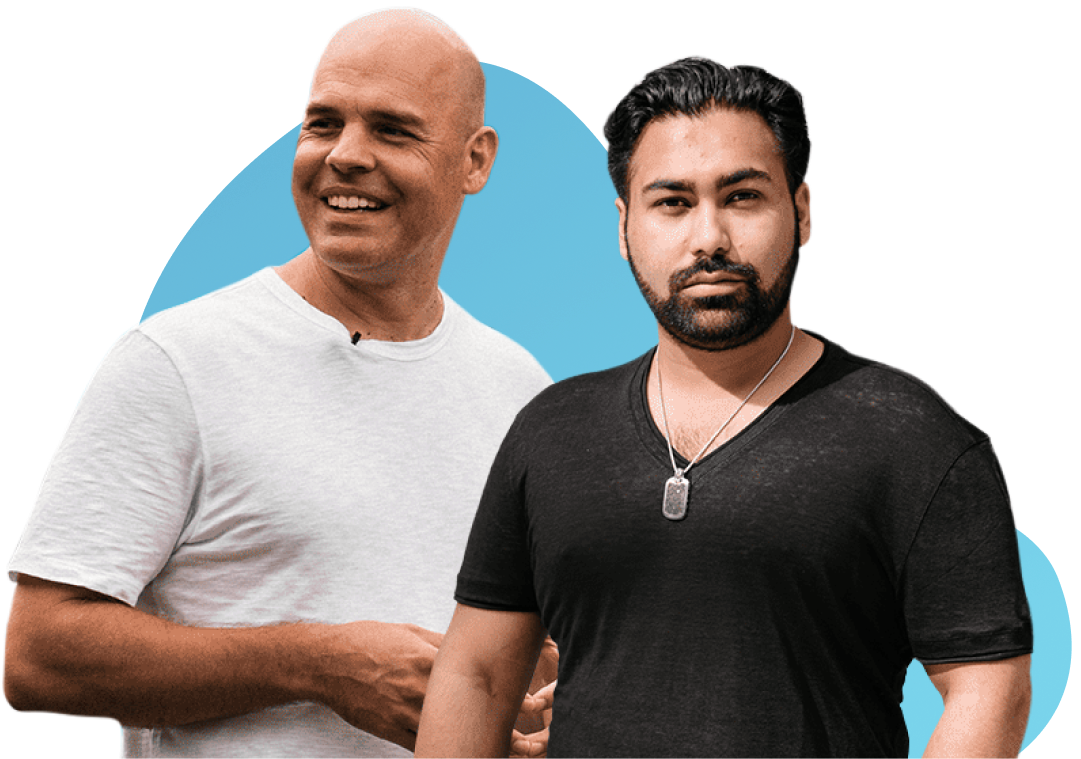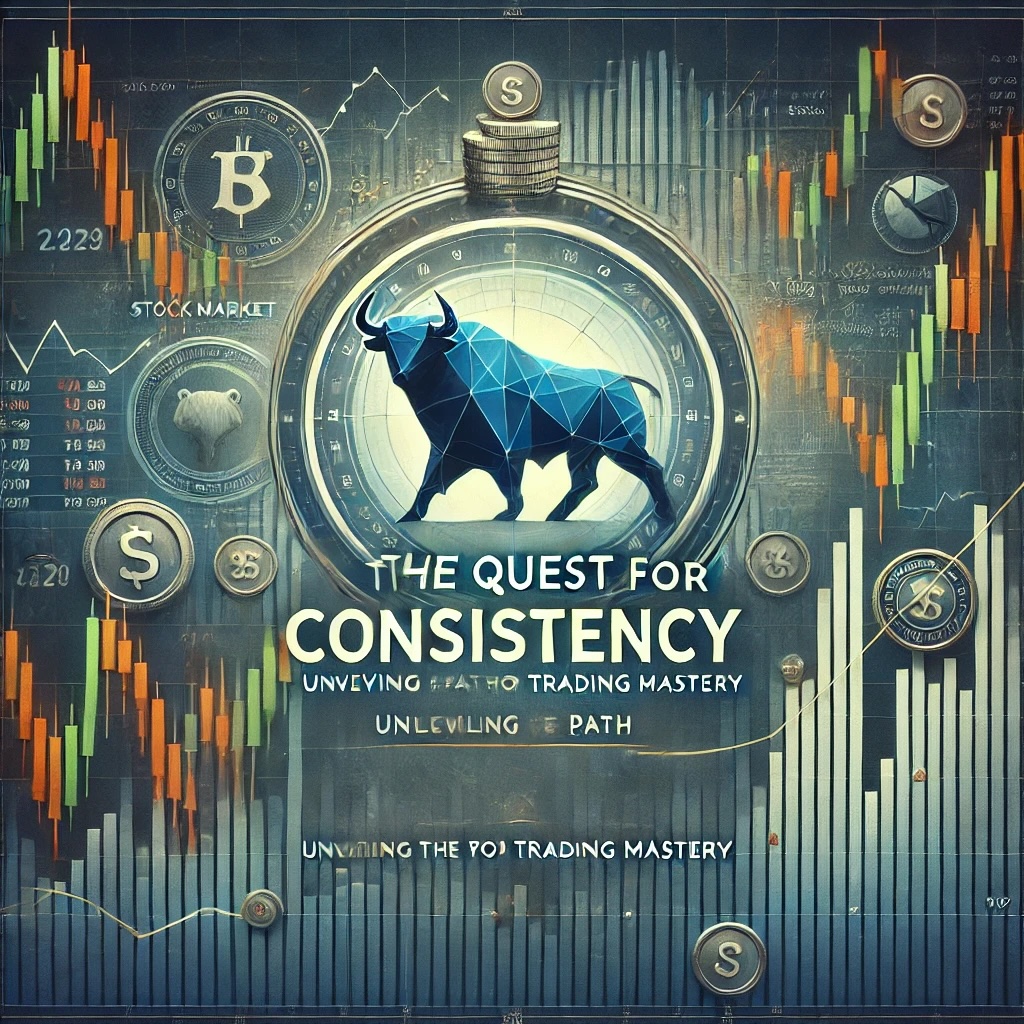Invest in yourself. That’s what you are doing when you make knowledge acquisition a top priority in your life. There’s a billboard-size sign hanging in the workout room at my local gym. It says: “Never Stop Moving.” We should all have a similar sign hanging somewhere, even if it’s just in our minds: “Never Stop Learning.”
(Want to explore this topic in specific detail? We’ll show you how in Chapter 3 of my book, Prepping for Success, available on Amazon and Barnes and Nobles.
As you consider your own lifelong learning status, ask yourself these questions:
- Am I curious and anxious to explore new territory?
- How do I find out what I need to know?
- How do I organize information?
- Do I understand the recurring patterns and themes in my life?
- Am I a creative problem-solver?
For now, let’s focus on Question #1. Real learning demands a certain curiosity. How curious are you, really? If you want to enhance your level of curiosity, spend a lunch hour or two visiting a neighborhood playground. There’s nothing more curious than a child. How come the slide is crooked? Can I make the swing go higher? Why is the tree losing its leaves?
Somewhere along the line, that unfettered curiosity was bred out of us. Maybe there is a point where we think it’s not grown up or cool to ask questions. That point of view is totally out of sync with lifelong learning. Start now to get your curiosity back. Find a spot in your calendar right now and plan a visit to a neighborhood playground or the children’s reading room at your local library.
Then start asking questions. People like it when you question them. Most people love to share what they know. They feel flattered that you would bother to ask. So ask away. And listen to the answers.
Questioning is the first of seven qualities that you need to cultivate in order to become a successful lifelong learner. The second is to crave knowledge. In order to acquire knowledge, you have to want it more than you want other things. Your learning must take priority over Sunday night football, or a weekend of golf (unless golf is what you crave to learn, of course.)
Third, you must practice. Richard Branson, founder of Virgin America, still works to perfect his listening skills. “Listen more than you talk,” he advises. Bill Gates practiced his perseverance skills when others said he couldn’t do it and he founded Microsoft when he was barely 20. Steve Jobs practiced daily creativity and took Apple public when he was 25.
(If you really want to make progress on the path of lifelong learning, you’ll want to know the other four qualities. Find them in my new book, Prepping for Success, available at www.Preppingforsuccess.com/)
Once you get started on the knowledge path, you will find resources everywhere. There are blogs, books, webinars, community college courses—the list goes on. As you begin to implement your plan, commit at least one hour every day to studying, listening to CDs or podcasts, writing down your ideas.
In addition to the time you spend with yourself, which is important, reach out. Network with groups in your profession. Attend Chamber of Commerce meetings and look for online meetups. Find someone who has done what you want to do and ask them to mentor you.
Wherever you are in life right now, you can get where you want to go if you are willing to invest in yourself. Invest in your health, your relationships, and your education. Believe in yourself because you are worth it.
(If you found this short excerpt useful, you’ll want to get the big picture. Plan to pick up a copy of my book, Prepping for Success. You can purchase it on Amazon or Barnes and Nobles. It is also be available at www.Preppingforsuccess.com/





